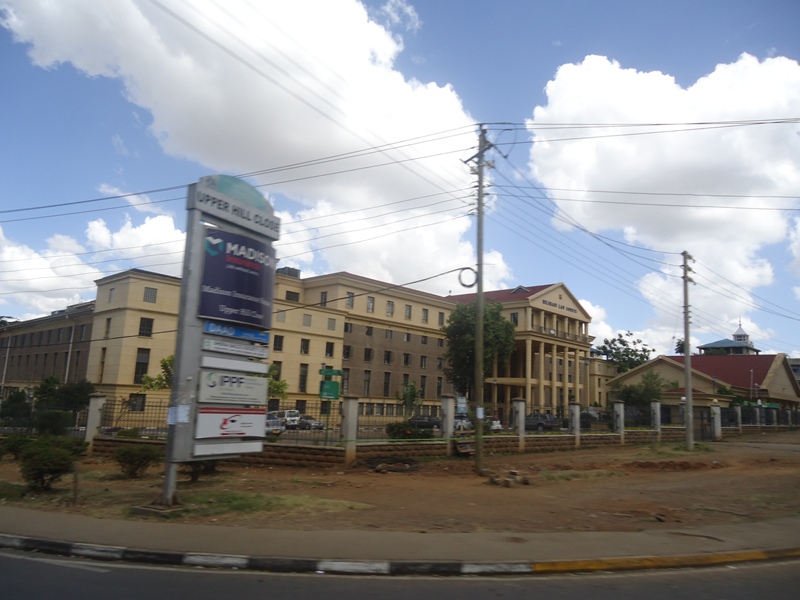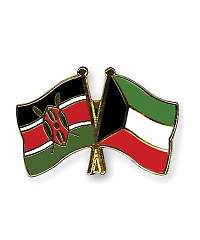By Abdi Ali
Published November 2, 2016
 A report that looks at the obstacles to integration of local fashion designers and tailoring houses into domestic retail, regional and international markets has been released in Nairobi.
A report that looks at the obstacles to integration of local fashion designers and tailoring houses into domestic retail, regional and international markets has been released in Nairobi.
The Kenyan Textile and Fashion Industry: The Role of Fashion Designers and Small Tailors in the Fibre to Fashion Value Chain report highlights the state of the fashion sector, examining how Kenyan designers and manufacturers can attract and tap into the global apparel value chains.
RELATED:Price Plummets as Supply Outstrips Demand in Kenya’s Quail Business
Mendi Njonjo, the East African Regional Director of the Dutch development organisation called Hivos that commissioned the study, says, “Hivos sees the findings of this study as an opportunity to ensure women and youth are part of this huge market. Besides employment and empowerment, the textile and cotton industry offers the possibility of renewable energy powered businesses and green jobs, which is a big step towards sustainable development.”
The study, that was conducted in collaboration with Equity Bank and the Association of Fashion Designers of Kenya (AFAD) and released on June 21, 2016, has recommendations on how to sustainably integrate local fashion designers into the fashion value chain in order for them to benefit from an industry that is still trying to find its place on the creative scene for a while.
RELATED:How Roller Banners Can Help Your Business
These findings come at a time when statistics indicate that Kenya’s local fashion design and apparel retail market is estimated at more than US$330m a year, according to the Kenya Association of Manufacturers (KAM).
Financial institutions have been cited as some of the key players that will unlock the full potential of the textile and clothing sector with regards to creating jobs, generating income, strengthening trade, accelerating technology adoption, attracting investment, and promoting local women and youth entrepreneurs.
James Mwangi, Equity Bank’s Chief Executive Officer, says the initiative will “drive employment and wealth creation among local fashion designers whose overriding desire is to be self-reliant, which will eventually strengthen the creative economy.”
RELATED:Sub-Saharan Africa Women in Science Receive Fellowships
In conjunction with AFAD, the designers will be provided with networking training and platforms to market their designs. Assistance from established fashion designers will be instrumental in nurturing the young talent on what is required to make it in the industry.





